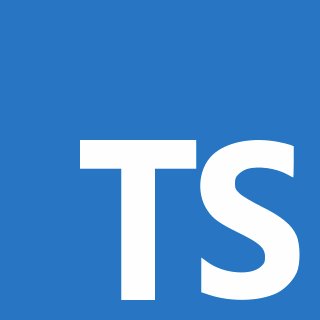Angular is a web development platform designed for modern web standards and app creation. Built by Google as a JavaScript framework, it boasts a variety of features like animations, mobile gestures, data binding, UI components, filtering, security, routing, internalization and more. The latest version (Angular 7) was released on October 2018 and offers dependency injection, which is particularly handy when it comes to assembling data services. Developers use Angular to compose HTML components that connect to TypeScript code. The fact that developers can reuse codes also means that they can create a set of libraries for use in different projects.
Angular Benefits
Angular CLI: This tool automatically provides build and test configurations, thus allowing users to bootstrap projects. Because it is based on web pack, Angular CLI utilizes web pack loaders to perform tree-shaking for small bundle production. It also offers smooth integration with other projects including Angular Mobile Toolkit, Angular Core, and Angular Material.
Two-way data binding: Angular was built using the Model View Controller architecture, a framework that synchronizes Model and View. This allows developers to minimize development time.
Dependency injection: Dependencies define how pieces of code interact with one another and how changes affect other codes. Angular users can utilize dependency injectors to make components that were directly defined in dependancies reusable, more manageable and easier to test.
Directives: This feature enables users to create dynamic and rich content using HTML. It works by permitting developers to assign behaviors to the DOM i.e. Document Object Model.
Default bundle budgets: The new Angular 7 has a feature that alerts users when apps exceed 2MB. A warning is issued if the bundle exceeds 5MB.
TypeScript: The ability to write HTML codes that connect to TypeScript is a huge step up when it comes to JavaScript. TypeScript is the default development language in Angular. Other languages supported by the platform include ECMAScript 5, Dart and ES6.
Powerful template syntax: Angular offers a variety of production tools, including templates to create user interfaces quickly. IDE tools help with instant error identification and code completion while command lines help build and test components.
Angular Features
- Angular compatibility compiler (ngcc)
- TypeScript 3.1 support
- Domino v2.1.0
- Ivy Renderer
- DoBootstrap
- Updated XMB placeholders
- Added UrlSegment to CanLoad interface
- Shadow DOM v1 and slots
- Cross-platform
- Code generation
- Code splitting
- Options for offline use
- Near-instant rendering in CSS and HTML
- Accessibility
- Access to native iOS APIs
- Templates
- Angular CLI
- IDEs
- Testing
- Animation
Angular Pricing
- Angular pricing plans are not available publicly. Interested parties can make inquiries via the official website.
Angular's Alternative
Backbone
by Backbone
Backbone is a Javascript library for building web applications. Its design was inspired by RESTful JSON interface, a model-view controller that is known for its lightness. Learn more about Backbone
TypeScript
by TypeScript
TypeScript is a programming language developed by Microsoft. It is a strongly object oriented and compiled language as well as a set of tools. Learn more about TypeScript
Product Details
-
Starting PriceNot provided by vendor
-
Features
Vendor Details
-
Angular
-
Founded 2016
-
https://angular.io/


